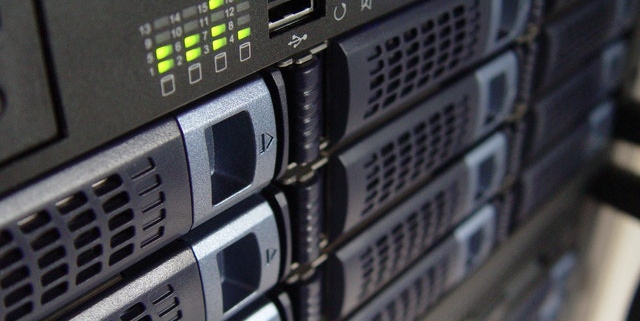Does Your Business Need A New Server?
Today’s businesses are increasingly dependent on technology. And any enterprise that relies heavily on tech will likely have a server. But whether it’s up to par with the latest standards is often questionable. Many companies continue to operate on an old server without even knowing it, or without realizing its adverse effects on their scalability.
What is a Server?
A server is a computing device or a program which links hardware and software together. It controls access to computers, systems, applications, and other devices. Depending on the set parameters, a server can enable users to access information within its environment, or it could block them for security reasons. At a business level, these users can be your employees, partners, or clients.
Think of it as the brain of your IT infrastructure. The server is responsible for managing the technological aspect of your business. Due to its critical role in operating systems and processes, your server has to be kept up-to-date to ensure its optimum performance.
Why an Outdated Server is Costing You More
By now, you should know that the integration of technology into your business doesn’t guarantee advancement. At least, not when you’re using an outdated system. The same holds true for an old server which does more harm than good for your company.
Unfortunately, many businesses have an “If it ain’t broke, don’t fix it” mentality towards technology at large. Investing in say, a new server is seen as a luxury rather than an obvious necessity.
The Disadvantages of an Outdated Server
Sticking with an obsolete server will only cost your business more the longer it goes. The drawbacks of an outdated server include…
- Poor energy efficiency. Hardware tends to consume more electricity the older it becomes.
- Requires constant maintenance and monitoring. An old server is prone to issues and security breaches, thus needing more attention than usual.
- Lowers productivity. Employees are unable to perform tasks efficiently or any tasks at all whenever your server encounters problems.
- Slows down business. Outdated servers prevent your business operations from running smoothly, from the delivery of services to handling customer care.
- Continuous need for software updates. To compensate for the inadequacies of an obsolete server, you will have to keep on integrating new software into your infrastructure.
- Limits scalability. The increasing needs of an outdated server, combined with decreased operational efficiency and employee productivity, limits the capacity of your business to grow.
- High costs with low return of investment. Old servers will keep you from providing quality services, as well as limit the number of clients you can accommodate. Either way, you could end up losing customers while having to pay mounting costs for server upkeep.
How to Tell If Your Business Needs A New Server
A server that has gone past its life span will show signs of wear and tear. The tell-tale signs of an old server include:
- Louder fan drives. This means that your server’s hardware can no longer keep up with your demands.
- An increasing number of problems. It indicates that your server is no longer compatible with newer systems.
- Your server is operating at more than 80% capacity. When a server is working harder than normal, it isn’t a trait to be admired. Rather, it is a sign of slowed performance, and that the server is ill-equipped to meet your business needs.
If you have an in-house team of IT professionals or have outsourced your IT needs to a third-party provider, you should consult them for an expert opinion. They will be able to tell if you need to upgrade your server or not.




Leave a Reply
Want to join the discussion?Feel free to contribute!